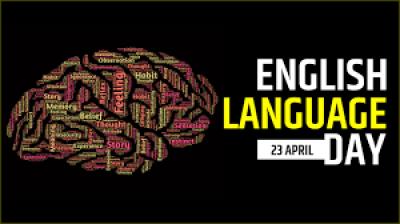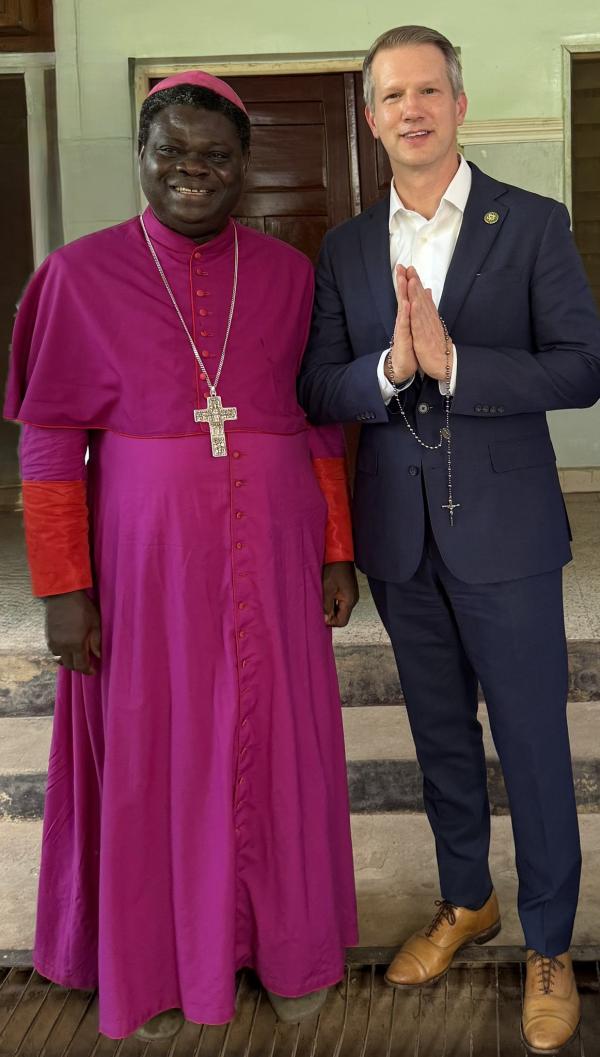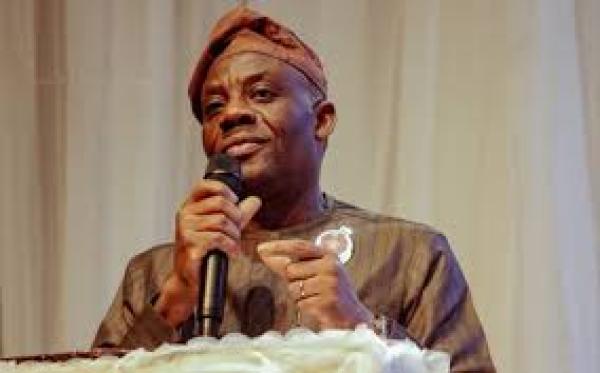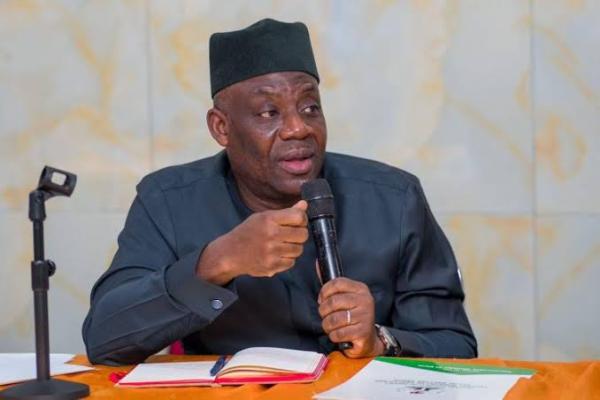
There was a quiet language that began on a small cluster of island off the coast of Western Europe, it slowly developed and spread through a few different transpositions until one day, in an explosion of colonialism, it suddenly spread across the world like wildfire.
It became the language of what was once the most powerful nation in the world and has since become the official language of commerce in most parts of the world.
Therefore, the United Nations has dedicated every 23rd of April to celebrate this language, its history, and its oddities- English Language.
According to a report on the official website of the United Nations, English Language Day was first celebrated in 2010 as a result of an initiative that was brought forward by the UN Department of Global Communications.
As one of the most famous playwrights in English Language, Shakespeare had a huge impact on modern-day English. At the time he was writing, in the 16th and 17th centuries, the English language was going through a lot of changes and Shakespeare's creativity with language meant he contributed hundreds of new words and phrases that are still used today. For example, the words 'gossip', 'fashionable' and 'lonely' were all first used by Shakespeare. He also invented phrases like 'break the ice', 'faint-hearted' and 'love is blind'.
English language was first found in the origins of medieval England and takes its name from the Angles. The Angles were a West Germanic tribe who found their way to England, taking their name from the Anglia peninsula that extends into the Baltic Sea. The Angles invaded Celtic-speaking Britain and brought their languages with them. Later, Scandinavian Vikings invaded and settled with their languages too.
In 1066, William I from modern-day France became king, and Norman-French became the language of the courts and official activity. People couldn’t understand each other at first, because the lower classes continued to use English while the upper classes spoke French, but gradually French began to influence English. An estimated 45 per cent of all English words have a French origin. This often leads to arguments that English is no longer a language of its own, but an admixture of every language it has come into contact with.
As at Shakespeare's time, Modern English had developed, printing had been invented and people had started agreeing on 'correct' spelling and vocabulary.
The spread of English all over the world has some ugly history but a rich and vibrant presence. During the European colonial period, several European countries, including England, competed to expand their empires. They “stole” land, labour and resources from people across Africa, Asia, the Americas and Oceania.
By the time former British colonies began to gain independence in the mid-20th century, English had become established in their institutions.
Many brilliant writers from diverse places across Africa, the Caribbean and Asia had started writing in English, telling their stories of oppression. People from all over the world were using English to talk and write about justice, equality, freedom and identity from their own perspectives.
More than 1 billion people speak English worldwide as it is being used more as a 'lingua franca'.
On the African continent, in addition to being a working language of the UN Economic Commission for Africa, English is also one of the official languages of the African Union and many of Africa’s sub-regional organizations.
There are about two dozen African countries where English is spoken as an official language or widely used in education, administration, law, business, the mass media and literature, despite the notion that it is considered to be among the most complicated languages to pick up as a second language.
The English Language has become a dominant language and a powerful tool for communication throughout the world and across different cultures. With each passing year, the English Language has seen more gain in the number of English language speakers. Hence, English Language Day celebrates its history, its future, and its peculiarity.






















